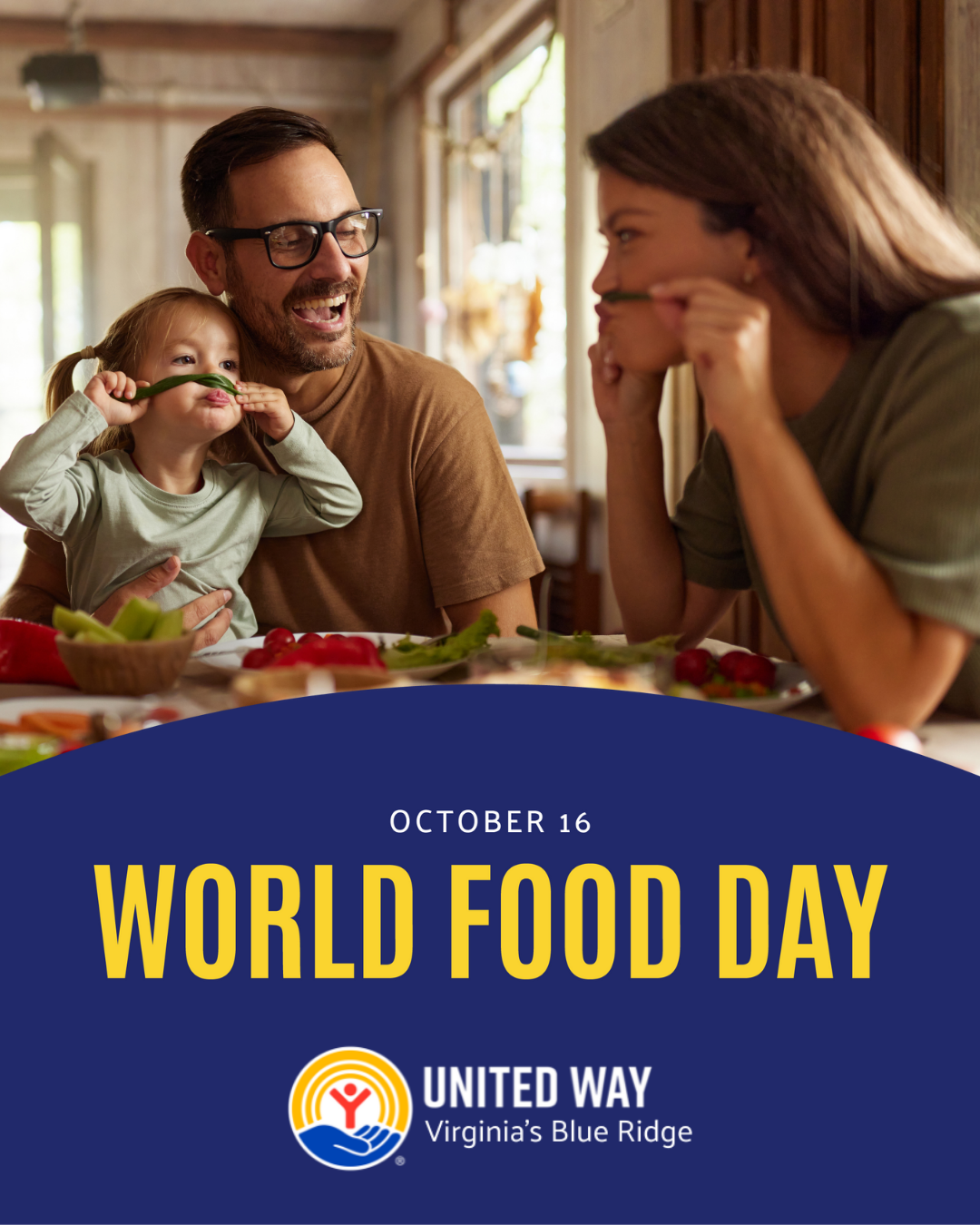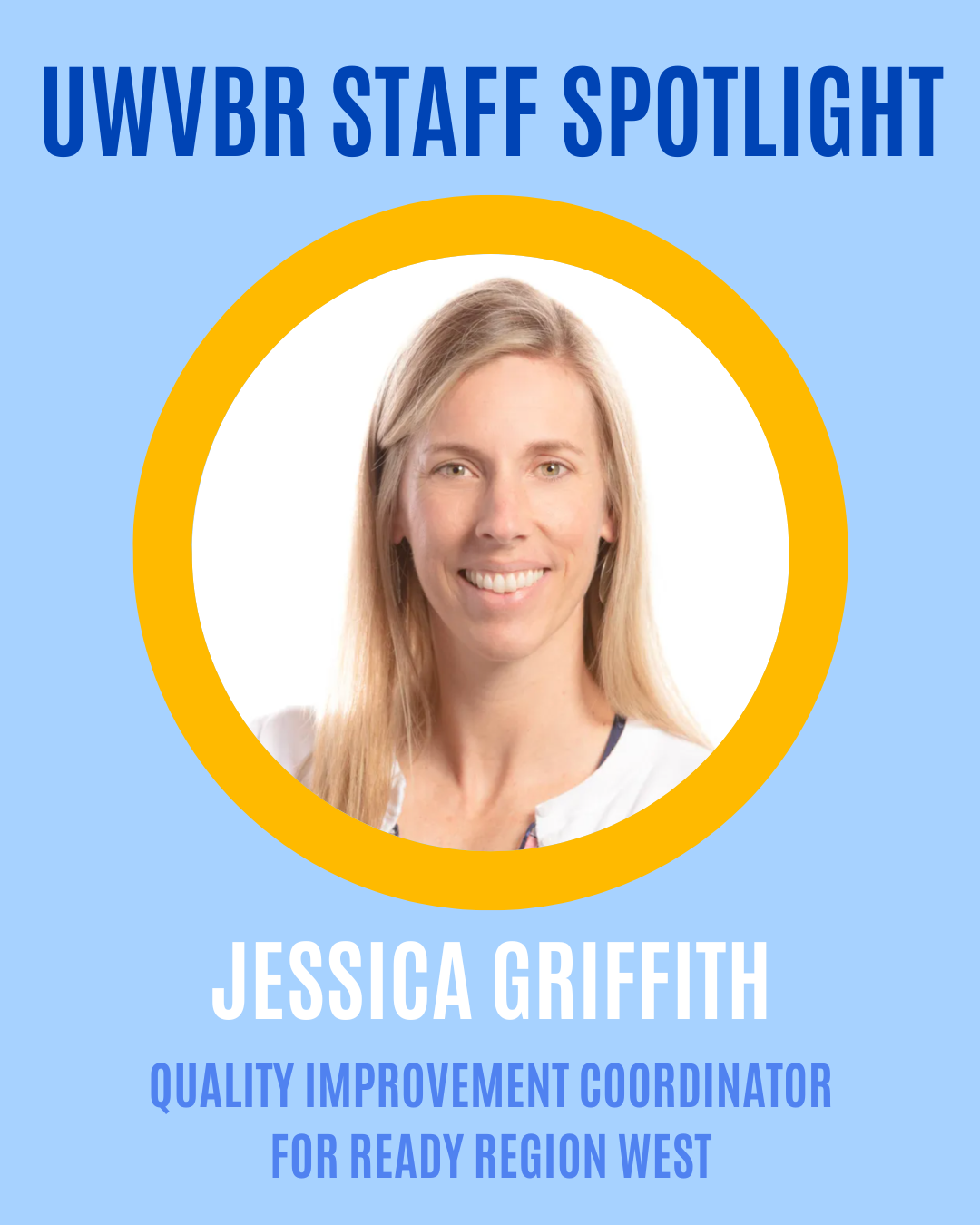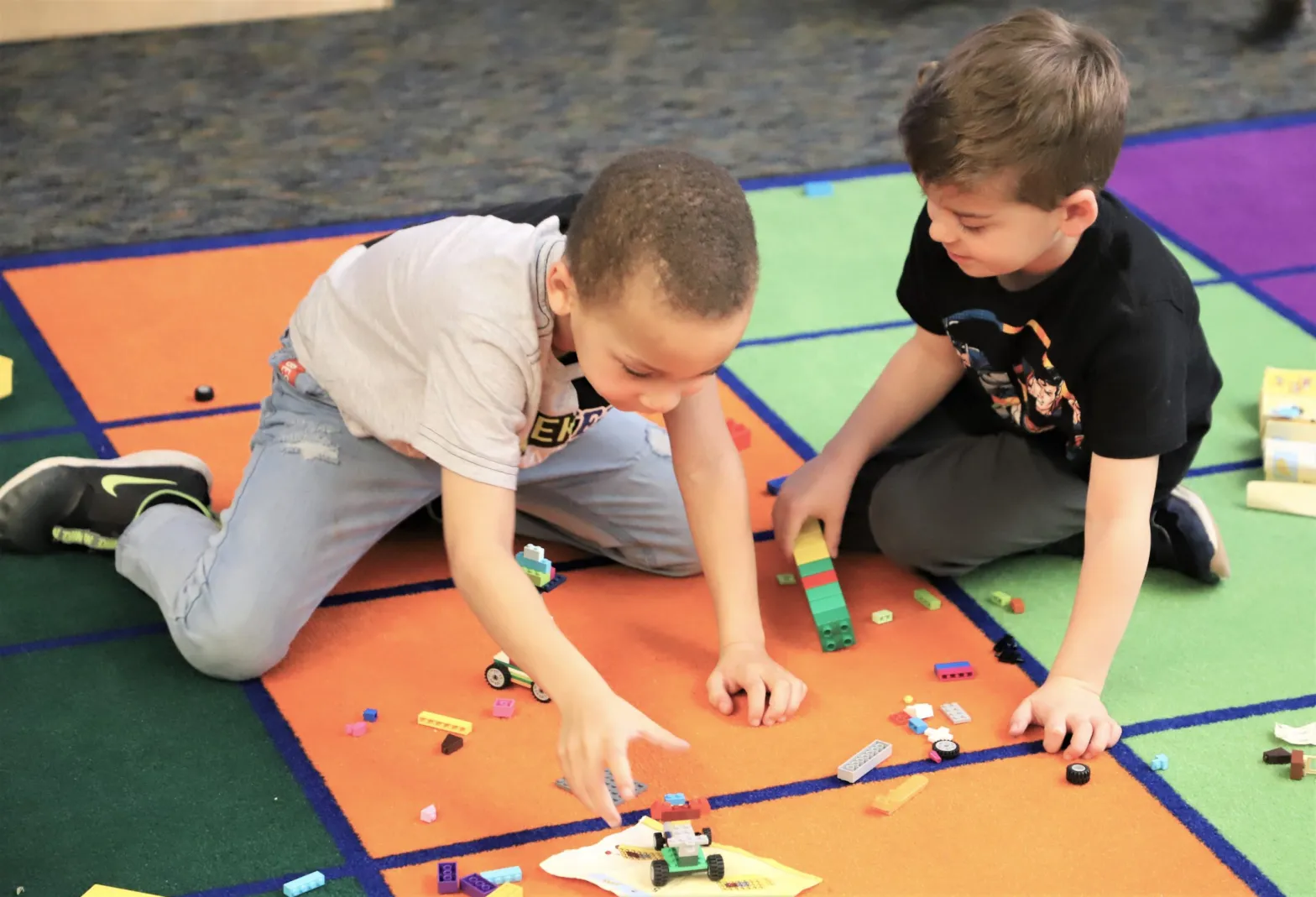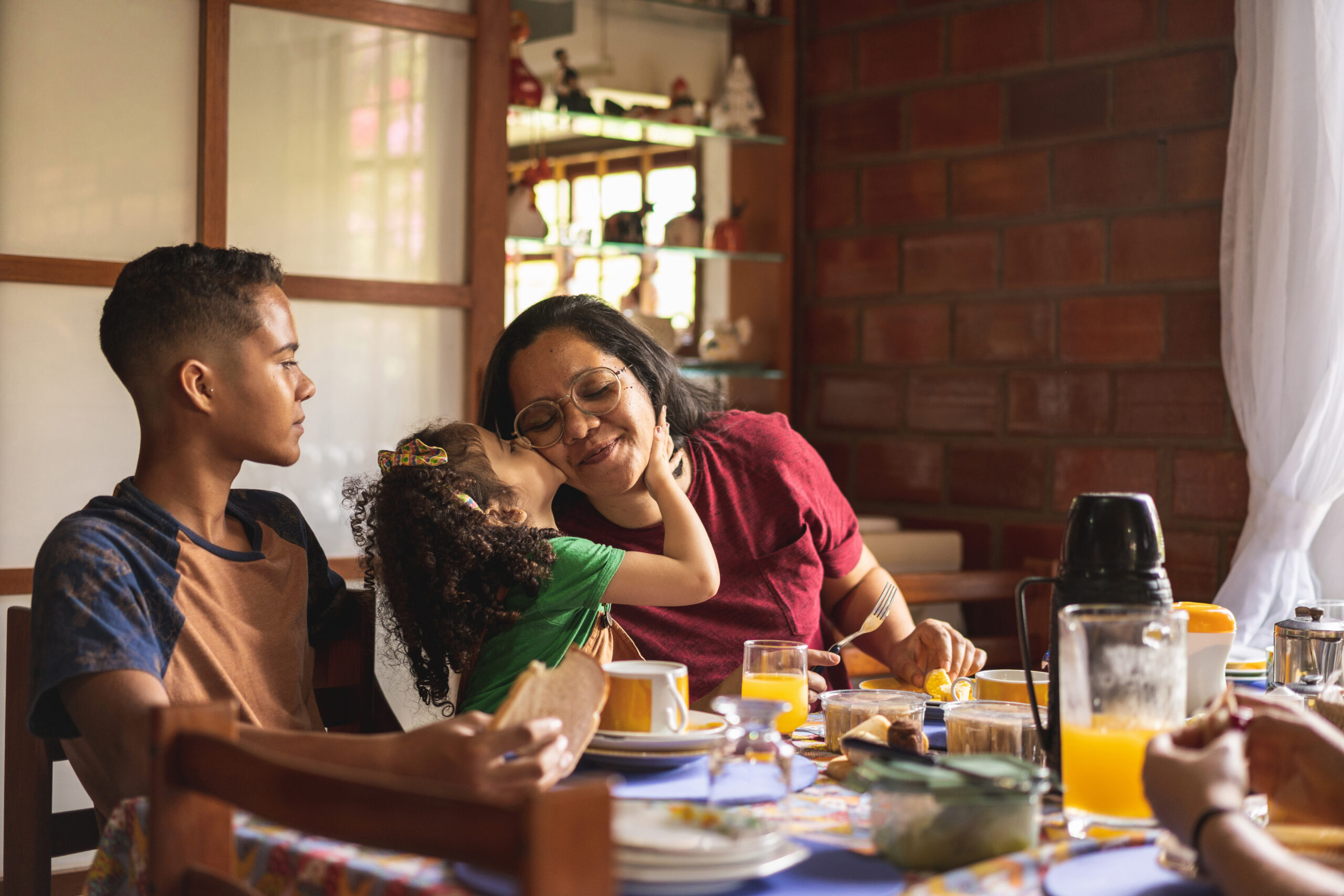Food is more than fuel—it’s a foundation.
When families have reliable access to nutritious meals, it strengthens their ability to thrive in school, work, and life. On World Food Day and every day, it’s essential to recognize how food security is a pillar of community resiliency—the capacity of communities to absorb hardship, adapt, and grow stronger.
The Challenge Right Here at Home
- In Virginia, about 12.1% of residents face food insecurity—meaning they don’t always have enough money or food to make ends meet. (Federation of Virginia Food Banks)
- In Southwest Virginia, where many of our neighbors live, the rate is even higher: 14.4% of people and 18.5% of children experienced food insecurity in 2022. (Virginia Tech Publications)
- Statewide, approximately 704,270 Virginians, nearly 8% of the population, are estimated to be food insecure. (Virginia Department of Social Services)
- Nationally, food insecurity rates rose sharply in 2022, with 13.5% of households reporting food insecurity, up from 10.4% in 2021. (Feeding America)
These aren’t just numbers—they reflect real people, families making daily decisions: buy groceries or pay rent, skip a meal or skip medicine.
Why Food Security Strengthens Community Resiliency
- Supports Health & Well-being
Without consistent access to nutritious food, families experience higher rates of chronic disease, poorer mental health, and weakened immunity. Being food insecure is a social determinant of health—one that health professionals often flag when treating patients. - Boosts Educational Success
Children who arrive at school hungry struggle to focus, learn, and stay engaged. Ensuring that kids have enough to eat helps them show up ready to learn, reducing absenteeism and improving outcomes. - Promotes Financial Stability
When families aren’t forced to choose between food and basic needs (housing, utilities, healthcare), they can pursue work, education, or skill-building opportunities. That stability strengthens the local economy and reduces emergency stress on social systems. - Builds Trust and Connection
Food programs that operate through community centers, pantries, or cooperative gardens become places where neighbors meet, support one another, and build social bonds. That “social capital” helps buffer against crises and fosters collective resilience. (arXiv)
How United Way and Community Health Workers Help
Our work at United Way of Virginia’s Blue Ridge aligns directly with building food resiliency in families:
- Partnerships with local food programs: We collaborate with food pantries, meal distribution sites, and nutrition programs that expand access to healthy meals for families across our region.
- Leveraging Community Health Workers (CHWs): CHWs play a critical role in food security by connecting households to benefits, educating about nutrition, and linking neighbors to local food resources. In one national survey, 85.6% of CHWs reported providing food or nutrition support, and 75.4% offered social support to their communities. (CDC)
- Targeted interventions: Research shows CHW-driven interventions can increase healthy food consumption, reduce caregiver stress, and improve linkage to food assistance programs. (socialneedsinvestmentlab.com)
Through these layered approaches, we don’t just hand out food—we help build capacity, knowledge, and sustained pathways to security.
A Resilient Future, Together
When food security is prioritized, communities become stronger, healthier, and more capable of weathering tough times. That’s the heart of community resiliency: systems of support, connection, and stability that hold families in good times and bad.
Help build a resilient community—donate, volunteer, or share.





